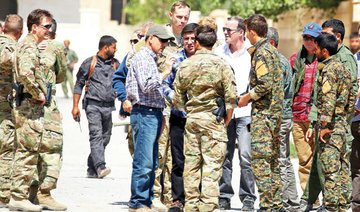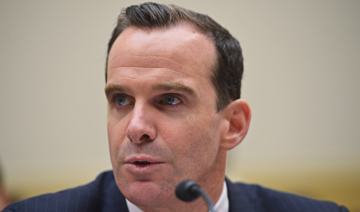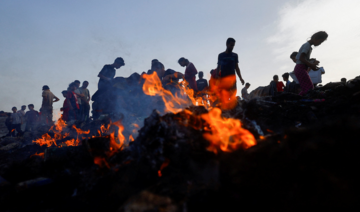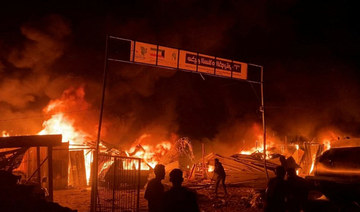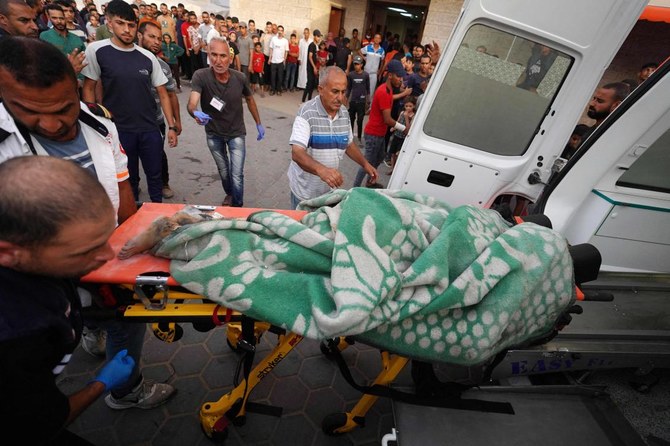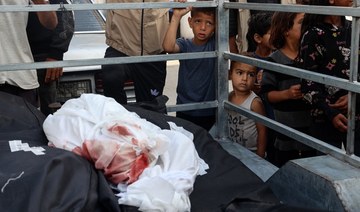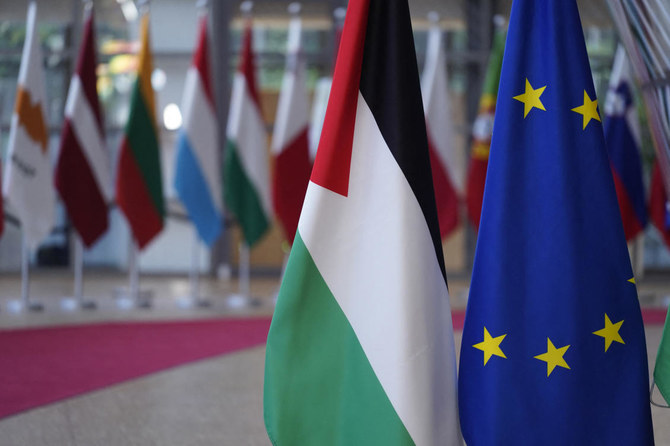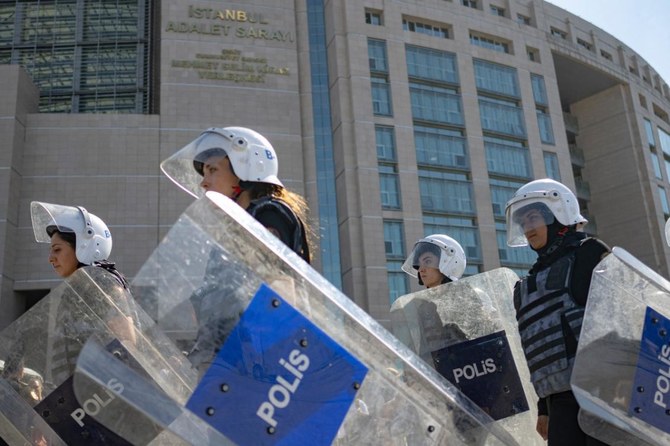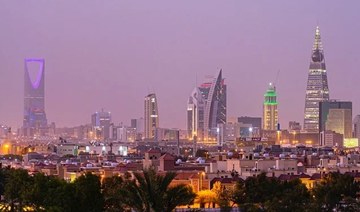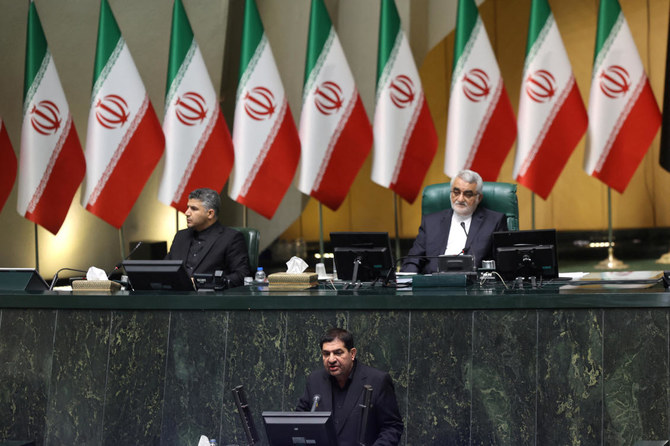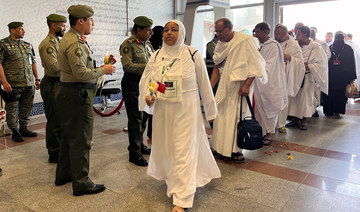ANKARA: US President-elect Joe Biden is expected to select Brett McGurk, the former envoy to the US-led anti-Daesh international coalition, as National Security Council senior director for Washington’s policy in the Middle East and North Africa.
McGurk was appointed to the same post in 2015 by then-President Barack Obama and served until he resigned over the withdrawal of US forces from Syria in December 2018.
His expected appointment carries several messages to Turkey, according to experts, who argue that it could bring a new source of disagreement between Washington and Ankara as McGurk is seen negatively by Turkey’s political leaders.
“This would be viewed as a very provocative appointment. A bad start for the Biden era on the US-Turkey relations front if this is realized,” tweeted Yusuf Erim, an Ankara-based political analyst.
McGurk is often blamed by the ruling Justice and Development Party as the mastermind behind Washington arming the Syrian Kurdish People’s Protection Units (YPG) in their fight against Daesh, with the YPG considered a terror group by Turkey because of its ties to the outlawed Kurdistan Workers’ Party that has waged a decades-long insurgency against the Turkish state.
Ozgur Unluhisarcikli, the Ankara office director of German Marshall Fund of the US, it is only natural that Biden will pick several former Obama officials to serve in his government.
“Brett McGurk may be a controversial figure for Turkey, but he is quite mainstream for the Democratic Party and popular in those circles, therefore it will be no big surprise if he gets a senior job within the Biden Administration,” he told Arab News.
Unluhisarcikli also noted that McGurk is only one of several former Obama Administration officials who had friction with Turkey and will now become part of the Biden Administration.
“This will be a challenge Turkey will need to live with particularly regarding differences over the YPG,” he said.
McGurk also took a tough stance on Turkey’s cross-border military operations against the YPG, and criticized Ankara for not effectively managing its border with Syria when foreign fighters were travelling to join Daesh.
As a former supreme court clerk, McGurk also served under President George W. Bush as a diplomat.
“The Turkish government should not be consumed by its perception of McGurk in judging what approach Biden might have toward Ankara. Biden is not necessarily a third Obama term and McGurk’s role is not typically the forefront diplomatic position,” Joe Macaron, a Middle East analyst at the Arab Center in Washington, told Arab News.
According to Macaron, if the expectation is that the US might withdraw from Syria and end support for the YPG, this expectation should be managed regardless of whether McGurk is serving in Biden’s government.
“The US-Turkish relations might be more tense moving forward, but they have common interests to work together on Syria if Ankara recognizes that Washington will ultimately not sell out the YPG,” he said.
However, pro-government media outlets have already begun their harsh criticisms of the McGurk’s potential appointment.
On Aug. 1, 2017, Turkey’s pro-government Yeni Safak newspaper published a front page that claimed “the coalition forces under the leadership of McGurk are the murderer of 46,000 civilians in Iraq and Syria.” In its coverage on Jan. 7, Yeni Safak has described McGurk as a “colonial governor.”
But Mehmet Emin Cengiz, a research assistant at the Al-Sharq Forum in Istanbul, McGurk’s return would not necessarily make a huge difference.
“Yes, Turkey is not satisfied with this possibility, while the YPG and its political wing are happy about it. However, even without McGurk’s presence, the Syrian Democratic Forces has already received very serious support from the US,” he told Arab News.




